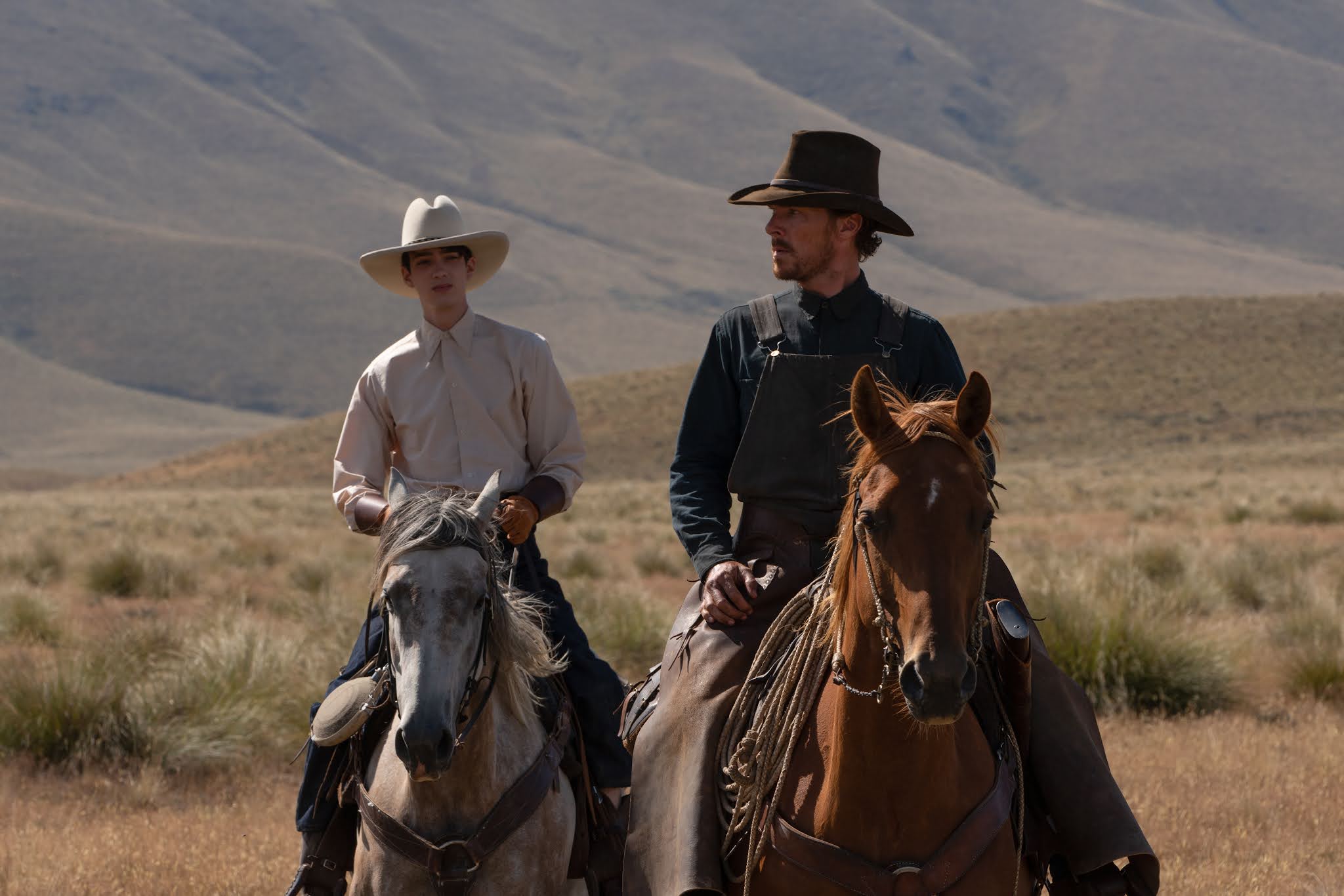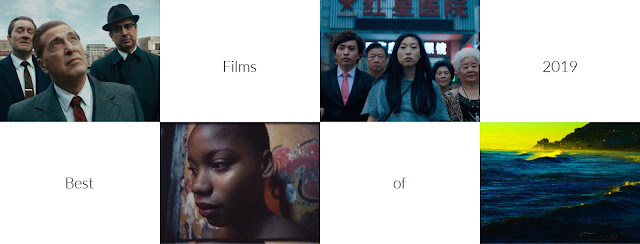Review | The Power of the Dog | 2021
 |
| THE POWER OF THE DOG (L to R): KODI SMIT-McPHEE as PETER, BENEDICT CUMBERBATCH as PHIL BURBANK in THE POWER OF THE DOG. Courtesy of NETFLIX. |
What to make of Jane Campion's The Power of the Dog, a thorny, mighty piece of cinema that seems cleaved directly from the earth? It's a monumental achievement that seems at once classical and thrillingly modern, a deeply introspective exploration of American masculine myth making through the lens of that most American of genres, the western.
Campion, of course, is not American, having been born in New Zealand and lived in Australia for most of her life. This perfectly positions her to not only deconstruct the American masculine ideal, but to craft it into something completely different, reworked and resurrected from the ashes of history and revealed as the performance that it always was. Nowhere is that more clear than in Benedict Cumberbatch's bellowing, tightly wound performance as Phil Burbank, a brusque, growling boor of a man who, despite an excellent education and sophisticated taste, is content swagger around his family's Montana cattle ranch with the air of a petty schoolyard bully, lording his power over his employees, the locals, and even his more soft-spoken, soft-hearted brother, George (Jesse Plemons).Phil's bullying reaches new heights when when George brings home his new wife, Rose (Kirsten Dunst), a wilting desert rose with an even more wispy son named Peter (Kodi Smit-McPhee), whose gangly, effeminate nature soon makes him the target of Phil's disdain. The peace on the ranch is a tenuous one, and Peter's presence seems to bring out the worst in Phil, who becomes determined to toughen the boy up and turn him into a "real" man like him. While the tension and isolation sends Rose to the bottle to drown her sorrows, Peter begins spending more and more time with Phil, learning the ways of his particular brand of masculinity, just as Phil had once idolized a long-dead mentor by the name of Bronco Henry, whose memory he worships with a reverence that borders on eroticism.
What makes Cumberbatch's performance so brilliant is that it is essentially a performance within a performance, a bold and terrifying evocation of a masculine affectations designed to hide a closely guarded secret. That Peter is comfortable with not being traditionally masculine is a threat to Phil's carefully constructed persona, and brings back long buried feelings - but Peter represents a very different kind of strength, one that Phil does not recognize or understand until it is too late.
Campion wisely never overplays her hand, layering her themes in an often dreamlike, unsettling atmosphere against the beautifully desolate backdrop of the burgeoning American west. Working from the 1967 novel by Thomas Savage, Campion masterfully evokes the weakness underlying traditional masculinity, where fear and insecurity are masked by petty bullying and performative posturing. It's a punishing but deeply rewarding film, like a negative inverse of Brokeback Mountain, a punch drunk erotic fever dream that probes the depths of toxic masculinity to find strength in something fare more delicate. The Power of the Dog is an intoxicating and uneasy work, a consistently prickly and turbulent film that alternates between great and terrible beauty and the rot at the core of American myth-making. It's John Ford by way Pier Paolo Pasolini, at once classical and revisionist, seductive and terrifying, a giant of modern cinema reiterating her mastery on a grandly intimate canvas, giving us a queering of the American west that feels both inevitable and severely overdue.




Comments